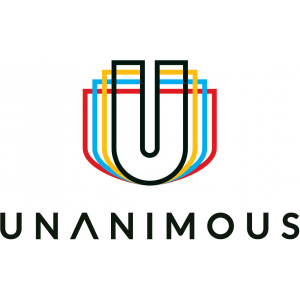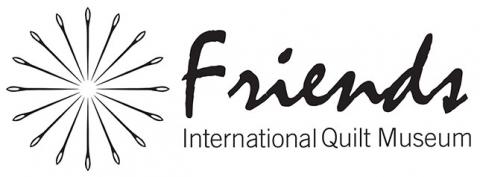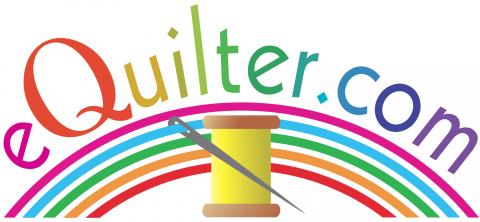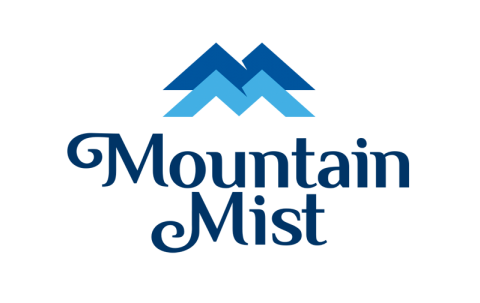Indigenous Opulence
Indigenous Opulence
2010
Beaver Crossing, Nebraska
Materials: milkweed floss, organza
Hand embroidered
90" x 70"
Gift of the artist. 2017.065.0001
Adele Phillips collected and processed, by hand, more than 1,200 native Nebraska milkweed pods to create 12.5 cubic feet of natural batting, which is showcased in a quilt made of translucent fabric. The quilt is quilted with a modern text design derived from the words "indigenous opulence".
In a statement to the museum, Phillips wrote:
“The concept of the quilt is to add value and create a sense of luxury from material commonly thought to be a weed at worst, and rather pedestrian at best; the quilt conveys wealth through native, sustainable resources. The transparent fabric showcases the floss in its most unadulterated state, and if used, allows for all of the qualities of the material (aesthetic, softness, loft, and warmth) to be fully experienced.”
A University of Nebraska-Lincoln alumna, Phillips has master’s degrees in Architecture and Environmental Policy. She learned to sew through 4-H.
“I met Adele Phillips in 2017, when she delivered her donated piece Indigenous Opulence to the IQM. She described the laborious task of gathering, cleaning, and removing the delicate floss from the milkweed pods, as well as the difficulty inherent in positioning the floating floss as she sewed the quilt. She persisted, transforming the common plant, often viewed often as a weed, into an ethereal quilt that celebrates the Nebraska prairie. I was moved by Adele’s vision. Indigenous Opulence connects me again to my Nebraska roots.” - Carolyn Ducey, Curator of Collections
Indigenous Opulence appears in Discovering the Collection: A 20-Year Journey, on display in the Lois Gottsch Gallery Nov. 2, 2018–March 3, 2019.
















